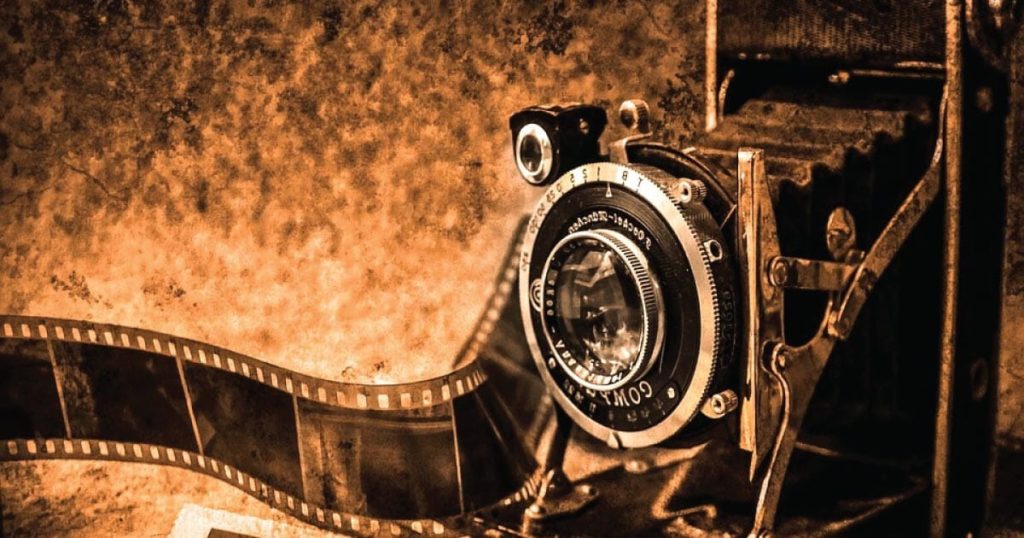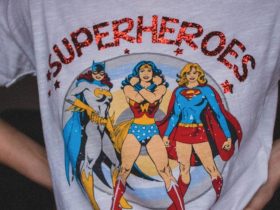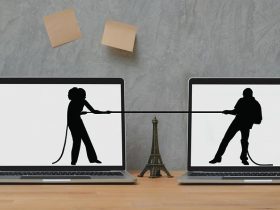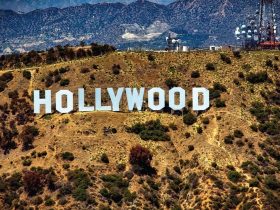|
|
|---|
Artificial intelligence: The future of film and television
Latest Posts
Trending Post

AI is revolutionizing film and television, allowing anyone to create professional-quality content. This shift democratizes audiovisual creation but poses ethical and professional challenges. Find out how this technology will transform the industry and what it means for the future of entertainment.
OpenAI, the company behind ChatGPT, has unleashed a revolution radically transforming audiovisual content creation and consumption. Five years ago, this transformation seemed like a bold prediction; today, it is a reality that is already here and promises to change everything.
A look back: Predictions that come true
Five years ago, a controversial prediction was made. With the advancement of artificial intelligence, the day would come when anyone could create movies and television shows of comparable quality to those produced by Hollywood, using tools accessible from anywhere in the world. Thanks to impressive developments in the field of AI, this vision is now coming true.
OpenAI and the democratization of audiovisual creation
OpenAI has introduced tools that allow any user to generate high-quality audiovisual content. By simply entering textual descriptions, realistic images and videos can be created that previously required expensive and highly specialized production equipment. For example, a simple prompt such as “a woman walking through Tokyo with a street full of neon lights” can generate scenes rivaling professional productions.
The impact on the entertainment industry
These advancements have profound implications for the entertainment industry. The ability to generate scripts, images, and videos using AI reduces costs and democratizes the creative process. Now, anyone with access to these tools can produce engaging content without the need for large budgets or technical teams.
A future without barriers
Removing barriers to entry in audiovisual production opens up a world of possibilities. Films can be created in any genre and theme, from fantasy and action to documentaries and children’s animation. This accessibility also raises questions about the future of actors and other professionals in the sector. What will happen to real-life actors if AI can generate images of people who don’t exist?
Advantages and risks of AI in content creation
AI’s ability to generate high-quality visual content has positive and negative aspects. On the one hand, it enables an explosion of creativity and democratizing access to audiovisual production. On the other hand, it poses ethical and credibility risks. AI-generated images and videos can create disinformation or manipulate public perception, affecting the reputation of individuals and entities.
The future of film and television
There is no denying that artificial intelligence is reshaping the entertainment industry. In a few years, we could see a massive shift towards AI-generated content, with an increase in the quantity and diversity of productions available. This shift will also force major production companies and television networks to adapt and find new ways to compete in an environment where creativity and production are accessible to everyone.
What does this change mean for us?
As a research team, we see this shift as an unprecedented opportunity. Artificial intelligence allows us to explore new frontiers in creativity and content production. However, we are also aware of the ethical and professional challenges it poses. The key will be how we manage and regulate the use of these technologies to maximize their benefits and minimize their risks.
What is our opinion on this?
Following our analysis of all this information, we firmly believe that artificial intelligence offers enormous potential to revolutionize the film and television industry. AI tools in English and other languages can democratize content creation, allowing people worldwide to tell their stories visually, stunningly, and emotionally resonantly. However, it is crucial to address ethical aspects and establish clear regulations to prevent the abuse of these technologies.
The ability to produce quality content with minimal resources could mean an unprecedented explosion of creativity, with diverse voices and perspectives never before seen in entertainment history. Major producers must innovate and adapt to stay relevant, while independent creators will have a more accessible platform to share their visions.
The future of film and television will be shaped by those who harness these tools ethically and creatively. As a team, we are excited by the possibilities and committed to continuing to research and develop strategies to integrate these technologies in ways that benefit society.













